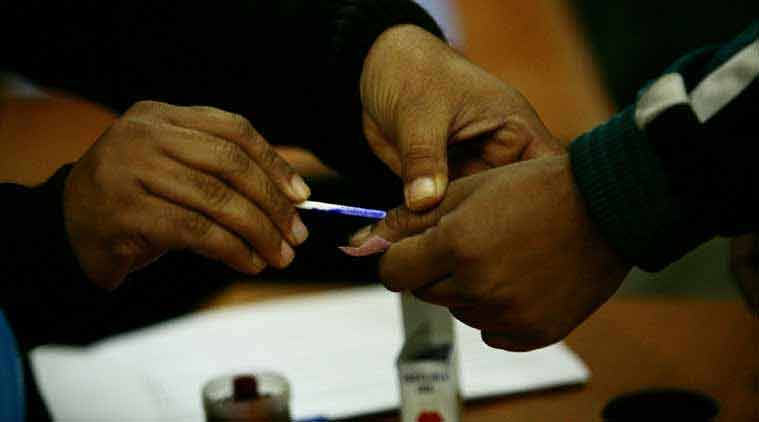Happy Hours & Happy Seeders
How electioneering throws a spanner on solving real problems.

In India, we seem to have entered the silly season early, but real problems remain and it would be unwise to ignore them until the middle of the next year.
In his book Liberal Hours, the late John Kenneth Galbraith argued that all kinds of promises would be made months before the presidential elections in the US, not necessarily always very practical. When I was in Canada on a teaching assignment, my friend John English — a minister himself, but better known as the biographer of Prime Minister Pierre Trudeau, the present prime minister’s father — took me to an election meeting of the Liberal Party. The noise, sloganeering and the excitement seemed like that of an Indian election rally. But the crowd was just about a thousand — not thousands, like in India. This time in India, we seem to have entered the silly season early, but real problems remain and it would be unwise to ignore them until the middle of the next year.
The statement issued by the government on October 31 that the autonomy of the RBI will be respected seems a grudging one. Tension between the central bank and finance or the treasury is a global phenomenon. The Bank of England’s tension with the treasury and the chancellor of the exchequer is well-known. In the US, the Federal Reserve has no hesitation in criticising the treasury. But the kind of rough language used in India at the highest levels is seldom seen, apart from in the banana republics.
The government expected an economic turnaround in September. But the index of industrial production, and the output of coal and steel output are lower than last year’s not-so-good performance. So, the turnaround will now be postponed, instead of giving a push to the economy.
Delhi is insufferable not only in the fiscal, but physical sense. A lot of pollution is avoidable. Vehicles which pollute were bad enough and must be banned from using an offensive fuel even though their owners are a large political force. The pollution caused by stubble burning can be reduced. The 381 Happy Seeders have been around for some time. On a visit to a farmer in Jalandhar, I was first offered scotch. I politely refused and asked the prosperous Babaji how things were? Both his sons have migrated and MGNREGA had caused a labour shortage. He had started using the Happy Seeder. Earlier, he had to get the stubble out after the paddy harvest. The Happy Seeder removes the stubble and prepares the farm for the wheat crop. It began as an import from Singapore. Then there was a version from China. There is a Ludhiana version now and a middle-class farmer can afford it, but not small farmers.
North Indian states do not have a tradition of cooperatives like Gujarat and Maharashtra. So, small farmers — they are in a majority — have no option but to burn the stubble. Why can’t the the Happy Seeder be given free to them? For middle and other farmers, a subsidised version could be made available. The cost would be a fraction of the costs to health which people in Punjab, Haryana, Western UP and Delhi face due to stubble burning. But we are lost in electioneering.
In this liberal hour, an English peer of Indian origin has commented on the lack of responsibility of the higher civil services. He has drawn on Jairam Ramesh’s book on P N Haksar and Indira Gandhi. Much of his criticism is valid. But while castigating Haksar for drafting letters for Indira Gandhi, the peer has made a mistake in saying that he was a part of the civil service. Secretaries to the PM are political appointees and many have been from outside the civil services. Haksar was one of them. He was later the Deputy Chairman of the Planning Commission, a capacity in which Ramesh quotes him for bringing in Nitin Desai, Vijay Kelkar and yours truly. This was again a political appointment. The civil service and Haksar can be criticised on many counts. But he was not part of the civil services club.
The writer is an economist and former Union minister
For all the latest Opinion News, download Indian Express App
More From Yoginder K. Alagh
- Policy paralysisGovernment seems blind to the crisis in agriculture, slowdown in industry ..
- The Uncovered Last MilePolicymakers need to ask why programmes for farmers do not reach them...
- A blueprint by bureaucratsRecent measures to defend currency are insufficient, poorly thought...








































No hay comentarios:
Publicar un comentario